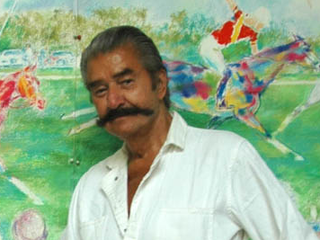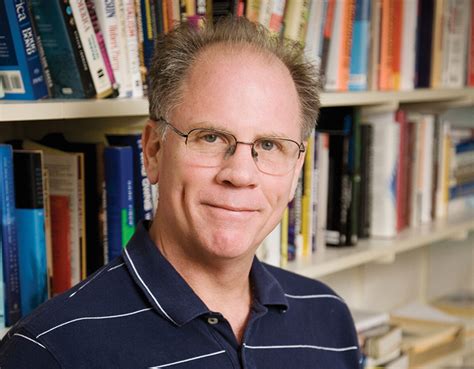A Quote by Jon Oringer
I would still rather be in Silicon Alley. I like the West Coast also, but it's sort of fragmented. You have companies in downtown San Francisco, companies in Mountain View, and people are driving between them all. It's kind of nice in New York to just jump in a cab and reach another company so easily.
Related Quotes
I would stay two years in San Francisco, then move to New York in the summer of 1991, for the love of a man who lived there. When I arrived in New York, I had a job waiting for me, courtesy of a bookstore I'd worked at in San Francisco, A Different Light. They had a New York store as well, and arranged an employee transfer.
When I was in high school and college, I'd always been into websites, and when you'd read about sites and the companies and people behind them, they were always in Silicon Valley. This one's in Mountain View, this one's in Palo Alto. They're all right here. I knew I wanted to move out here, whether it was to work at Google or some other company.
I arrived in San Francisco in January 1951. After the Second World War, the population was so uprooted. Soldiers came back home for brief periods and took off again. So the population was very fluid, and suddenly it was as if the continent tilted west. The whole population slid west. It took 10 years for America to coalesce into a new culture. And the new culture happened in San Francisco, not New York.
In Europe, we don't only take offence when one company is treating another company in a way that's illegal. We also look at if governments are joining up with companies that makes it more difficult for other companies. We also see that sometimes government actions can make it very difficult for businesses to compete on their merits.
































